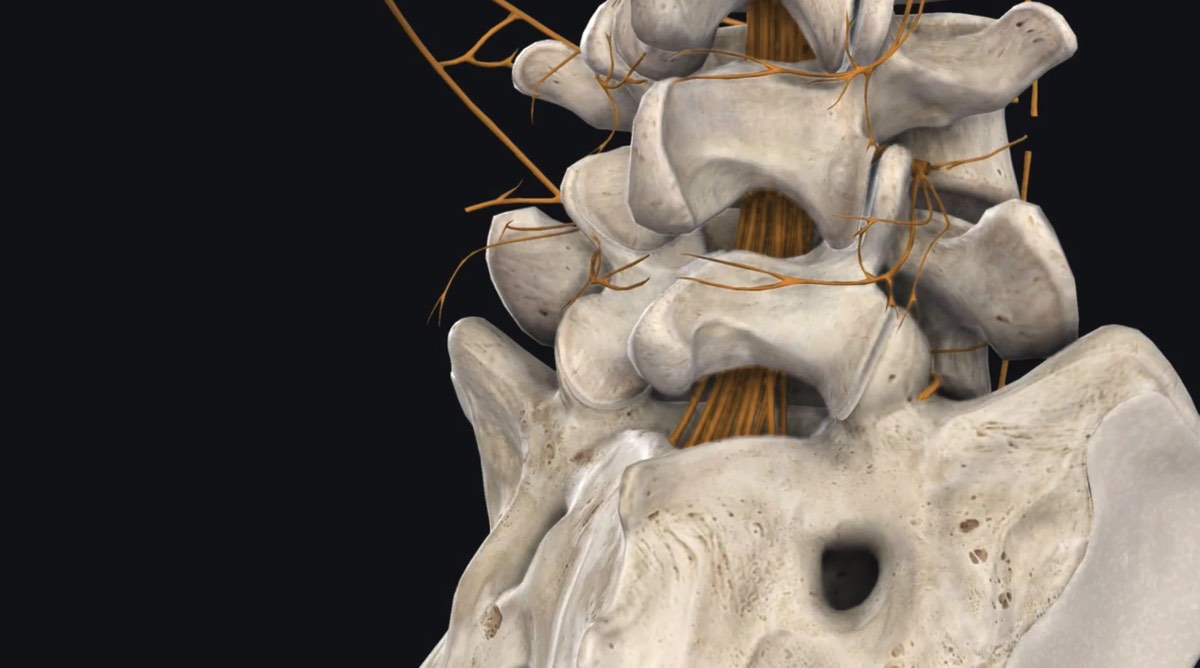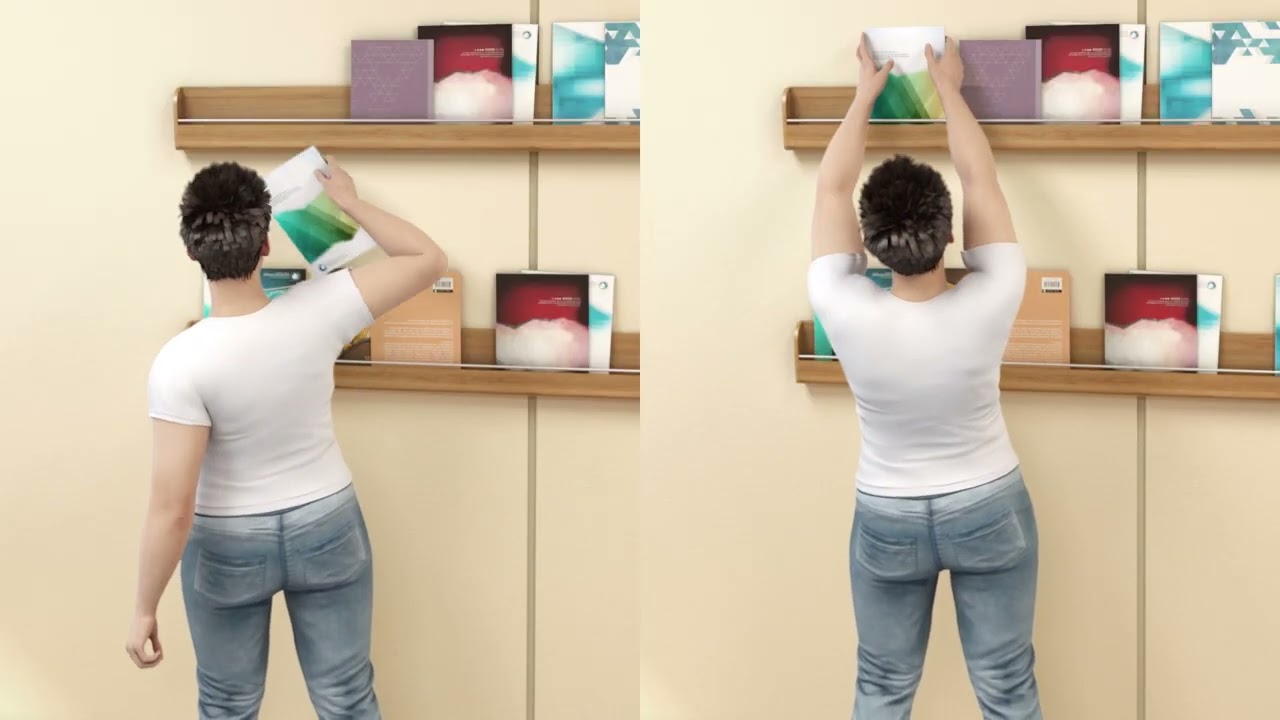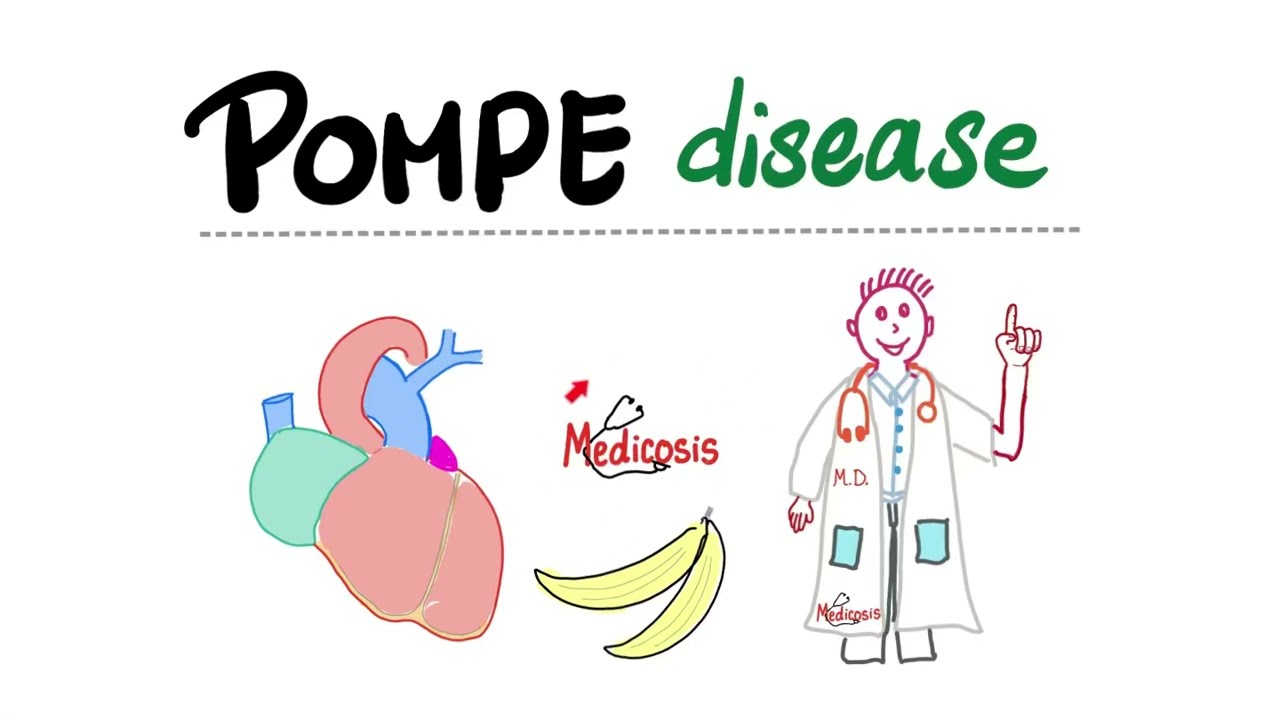NEW YORK (Reuters Health) – After six monthly intraocular injections of ranibizumab (Lucentis; Genentech) for macular edema, the benefits are maintained for another 6 months when ranibizumab is administered on an as-needed basis, a multicenter study indicates.
The 12-month outcomes of the BRAVO trial are reported in Ophthalmology online June 20 by Dr. David M. Brown, with Retina Consultants of Houston in Texas, and colleagues.
The authors note that the trial involved 397 patients with macular edema resulting from branch retinal vein occlusion who received six injections at monthly intervals of 0.3 mg or 0.5 mg ranibizumab or sham injections. At the 6-month primary endpoint, the mean gain in visual acuity by letter score in the three groups was 16.6, 18.3 and 7.3, respectively.
In the next 6 months, all patients with visual acuity no better than 20/40 or a central subfield thickness of at least 250 microns received monthly ranibizumab injections – either their originally assigned dose or 0.5 mg for patients in the sham group.
The mean change from baseline in visual acuity letter scores at 12 months in the 0.3-mg, 0.5-mg and former sham groups were 16.4, 18.3 and 12.1, respectively, the researchers report.
In the three groups, 56.0%, 60.3% and 43.9% of patients gained at least 15 letters in visual acuity from baseline to 12 months, according to the report.
Dr. Brown and colleagues point out that, despite the “impressive” results, “the necessity for ongoing treatment after 6 months of monthly ranibizumab therapy implies that anti-VEGF therapy does not alter the underlying pathophysiology of an anatomic blockage in the retinal vein.”
They conclude, “Future therapies that address the vein blockage primarily or reduce VEGF production in the affected retina may be necessary to reduce the need for ongoing injection therapy in many patients.”
Reference:
Sustained Benefits from Ranibizumab for Macular Edema Following Branch Retinal Vein Occlusion: 12-Month Outcomes of a Phase III Study
Ophthalmology 2011.









